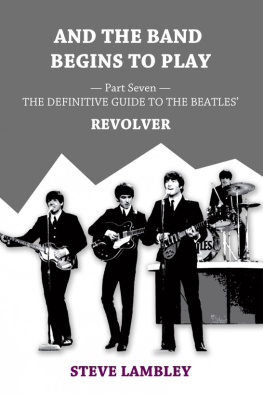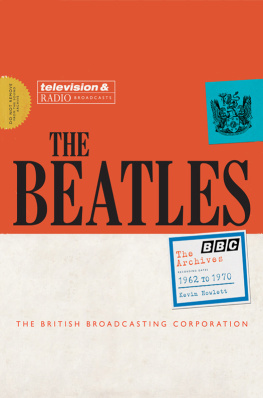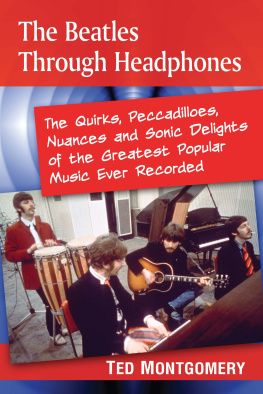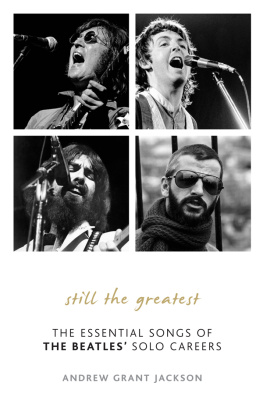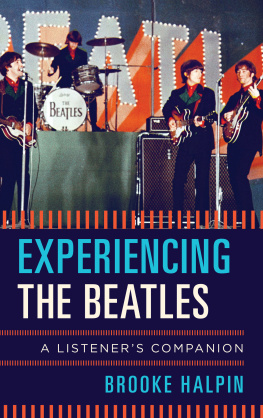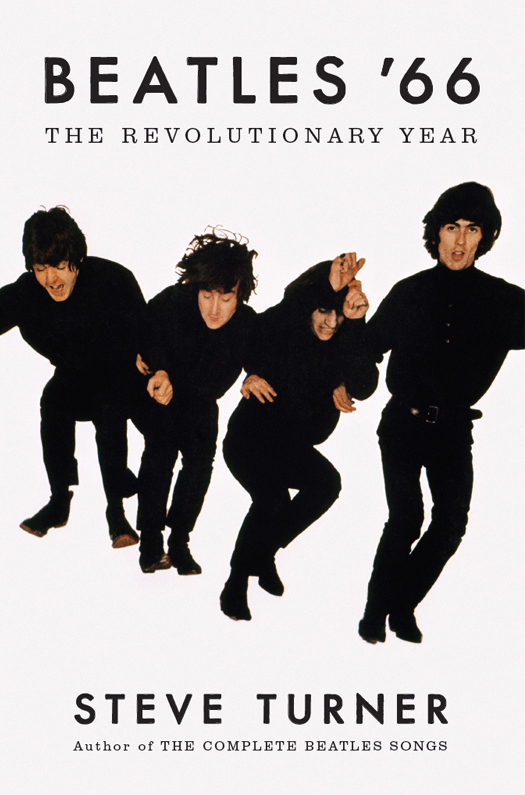To my class of 1966Robert Benjamin, John Chandler, Don Eales, Sue Engall, Stephen Goodwin, Bob James, Peter Kay, Keith Newitt, Dave Nightingale, Wanda Pasciewicz, Linda Rainbow, Malcolm Rock, Danny Smedley, Neil Spencer, Geoff Thompson, and Andrew Windsor
To Abby Gibson and the new generation of Beatlemaniacs
CONTENTS
Guide
Thanks to Hunter Davies for permission to quote from his 1966 interview with Paul McCartney as reprinted in his book The Beatles Lyrics. Thanks to the BBC Written Archive Centre (Caversham Park) for permission to quote from Donald Milners interview with George Harrison that was broadcast on The Lively Arts on December 11, 1966. Thanks to Mike Barrow for permission to quote from correspondence written by his father, Tony Barrow.
We were all on this ship in the sixties, our generationa ship going to discover the new world. And the Beatles were in the crows nest of that ship.
JOHN, 1974
Nineteen sixty-six was without question the pivotal year in the life of the Beatles as performers and recording artists. Before that they were the four loveable guys from Liverpool who wore identical suits on stage, played to packed houses of screaming (largely female) teenagers, played themselves in movie capers, and wrote jaunty songs chiefly about love. After 1966, they were serious studio-based musicians who no longer toured, wore individually selected clothes from Chelsea boutiques, wrote songs that explored their psyches and the nature of society, and were frequently considered a threat to the established order by governments around the world.
During that twelve-month period they went through changes that would have crushed men with less resilience and vision. The marriage of John and Cynthia and the live-in relationship of Paul and Jane Asher were disintegrating. John began consuming LSD so recklessly that it affected his self-worth and sense of identity. I got a message on acid that you should destroy your ego, he told Rolling Stone in 1970. And I did. As a group they had their lives threatened in Japan, America, and the Philippines. Church leaders, senators, governments, radical political groups, and the Ku Klux Klan denounced them. They saw their critical acclaim rise and shares in their publishing company fall. Records were sold and records were burned.
It was the year that Ringo met Charlie Chaplin, Paul met philosopher Bertrand Russell, George met sitar maestro Ravi Shankar, and John met Yoko Ono. It was also the year that the group recorded Revolver, the album that many critics consider their greatest artistic achievement, and started recording Sgt. Peppers Lonely Hearts Club Band, the other LP that vies for top place in reviews not only of the Beatles personal legacy but also of the history of rock albums.
So how was it that this quartet of slightly undereducated musicians from a working-class city in the north of England came to create such a mold-breaking record in 1966 and prepare themselves to do something similar in 1967? How did the Beatles go from chart-oriented pop to progressive rock in such a short time, from adulation in high schools to respect on college campuses, and what were the creative and social forces that combined to turn them from artistes into artists?
In books covering the whole career of the Beatles, this period necessarily has to be compressed into thirty or forty pages. Some of the best authors have had to chronicle the Beatles final tour of America in a few paragraphs and gloss over the weeks when they were neither recording nor playing.
But the only way to fully understand this transitional period is to slow it down, in order to examine the details. The times when the group was out of the public eye are as revealing as those when they were at work, because this was when they enjoyed the newfound freedom to explore their personal passions and develop individual points of view. It was away from the cameras and the security guards that they absorbed the art and thought later implemented in their own creations.
David Crosby, a member of the Byrds and friend of the Beatles, has made the point that the most creative musicians, the ones who ultimately alter their genre, tend to be synthesizers. By taking widely disparate streams that havent been formally in contact with each other, you become a synthesist and create new forms, he said. The Beatles took folk music chord changes and a rock backbeat and synthesized a new form.
But these fusions are rarely done consciously. The musical artist, as Crosby also observed, listens to various forms of music and allows the influences to permeate the creative consciousness in a natural way. The Byrds listened to Ravi Shankar and John Coltrane, and this led to them writing songs like Eight Miles High. In 1966, the Beatles listened to artists as varied as Smokey Robinson, Karlheinz Stockhausen, Albert Ayler, Bob Dylan, Bernard Herrmann, and the Beach Boys and came up with Revolver.
For at least six yearsvirtually since the end of their teenage yearsthey had been working nonstop. When they werent on stage, they were in the recording studio. When they werent recording, they were writing. When they werent doing any of these things, they were promoting themselves on TV and radio. John used to say that he was only a Beatle once he exited the front door of wherever he was living, but between 1959 and 1965 he was out of the house more than he was in it.
This was all good for business, but it didnt encourage personal growth. There was little time to reflect, explore, or develop meaningful friendships beyond their small circles of family, school friends, and business associates. Their identity was bound up in that of four people who wore the same clothes, had the same haircuts, and spoke in the same accents. There was little incentive for John, Paul, George, or Ringo to pursue independence of thought, image, or creativity. We were an entity, Paul admitted in 2011. Mick Jagger used to call us the Four-Headed Monster.
It was only when they cut back on tour dates, and then stopped touring altogether, that they began to contemplate how different they might be in their individual interests, values, and aims. As they did this, each group member began delving into new areas of thought and culture and enriching the work of the Beatles with their findings. In turn, slowing things in this book down allows me to look in more depth at apparently incidental people, places, and art that helped to mold the Beatles attitudes and, ultimately, their work during this period.
The Beatles were already the market leaders in pop. They not only sold more records than anyone else but also set recording standards and heralded artistic changes. Everyone looked to them to see in which direction pop would be heading. But in 1966 that influence began to spread to creative people working in forms other than music. Photographers, designers, and painters became inspired by their example. After hearing Taxman, the American poet and Trappist monk Thomas Merton confided in his diary: They are good. Good beat, independence, wit, insight, voice originality. Eleanor Rigby, with its image of a face kept in a jar by the door stopped illustrator Alan Aldridge in his tracks, because he saw parallels between it and his own exploration of surrealism. The music and the lyrics of the Beatles, he said, are a tremendous springboard into the imagination.
As they became more influential, they also became more influenced. They knew that the more they gave out, the more they needed to take in, and therefore they actively sought material that might challenge and stir them. At the same time they were sought out by those who wanted to piggyback on their fame, prestige, and power. There was no shortage of entrepreneurs keen to turn the Beatles on to new fashions, music, art, books, experiences, philosophies, and even new technology.

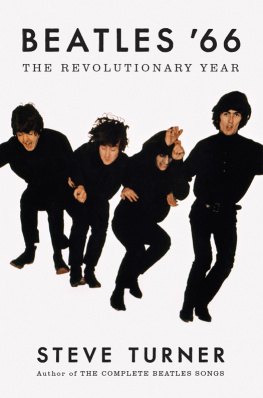
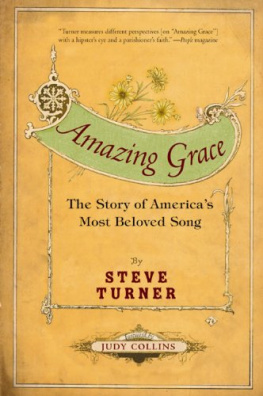
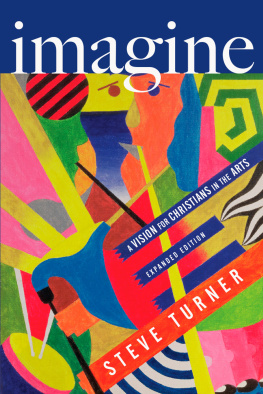
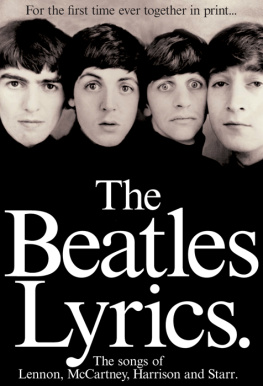
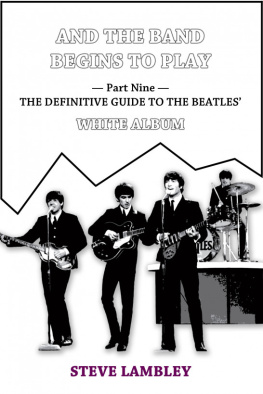
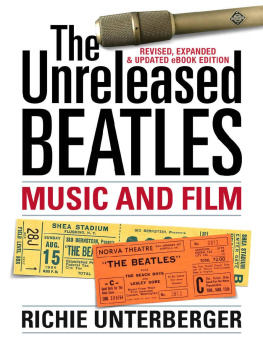
![Lambley - And the Band Begins to Play: [Part9 The Definitive Guide to the Beatles White Album]](/uploads/posts/book/213743/thumbs/lambley-and-the-band-begins-to-play-part9-the.jpg)
![Lambley - And the Band Begins to Play: [Part1 The Definitive Guide to the Beatles Please Please Me]](/uploads/posts/book/213741/thumbs/lambley-and-the-band-begins-to-play-part1-the.jpg)
